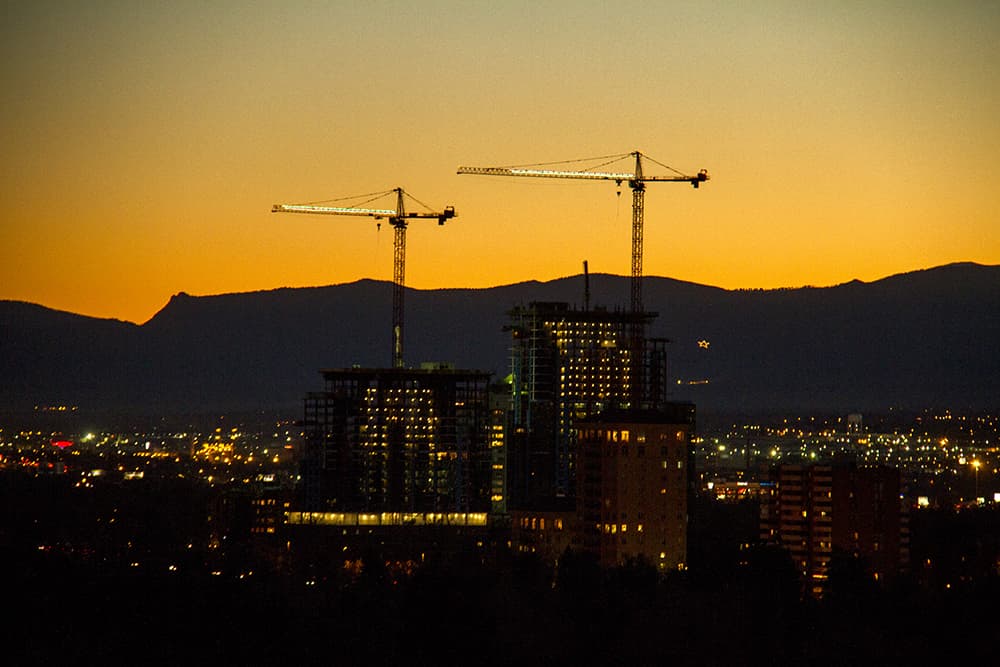
Councilwoman Kendra Black wants Denver to use much more of its marijuana money to get housing built, and she's not alone.
"The money is there -- and, if for some reason people quit buying marijuana, we can revisit it then," Black told her colleagues at a meeting on Wednesday morning.
The city is already planning to use weed taxes to pay for a significant expansion of its affordable housing program. Mayor Michael Hancock wants to boost the marijuana sales tax from 3.5 percent to 5.5 percent, generating about $8 million per year.
Black wants to go a step further. She wants to guarantee that another $7 million per year comes from weed dollars.
That wouldn't actually be an expansion of the mayor's plan. Hancock proposed that $7 million would come from Denver's general fund, and Black is simply making it more specific. So, this is somewhat a question of rearranging money.
But spending blazers' bucks would probably be a popular idea, Black recognized.
"It's a big political win. It is a community win," she said. "Their market is growing. I think it's fair."
Councilman Jolon Clark was ready to jump on board. The change could actually protect the housing program by making its funding more specific, he said.
"I'd like to see a very compelling case for why we can't take that marijuana revenue and make that ... transfer in perpetuity, protected in a better way," he added.
Councilwoman At-large Robin Kniech said that there could be some legal strategies to get it done.
Ganja greenbacks weren't the only big question.
The council members at Wednesday's committee meeting also talked about the fact that the money sources for Denver's affordable housing fund are set to expire eventually.
That money comes from two sources: an extra tax on property and a "linkage fee" on developers' projects. Right now, both expire at the end of 2026, unless the city council takes action.
But the Hancock administration's proposal for new money would require the property tax to be extended 2039 in order to secure new financing.
Councilwoman At-large Debbie Ortega suggested that the "sunset" be removed altogether, keeping the funding in effect unless elected leaders actively decide to end it.
And Kniech said that the administration needs to make sure that both the developer fee and the property tax are kept on the same timeline. Under the current plan, the fee on developers would not have to be extended. The administration is taking suggestions on what to do with it.
"It would say, you're on the hook in perpetuity, and the development community gets off the hook in nine years," Kniech said. "If we don't repeal this section altogether, we will be creating an inequity."
But others suggested that keeping the expiration would force future council members to pay attention to the housing program.
"I think the more ticking time-bombs that we create for this council and future councils ... the better," Councilman Rafael Espinoza said. He added that he's willing to ask developers to pay more.
On the other hand, Councilman Paul Kashmann said that the affordable housing fund should be permanently protected.
"If we remove the sunset, then it forces a discussion of whatever changes that we want to make," he said.
They didn't take any official action at the meeting.
Correction: This post was updated to reflect that the Hancock administration hasn't announced whether it wants the developer fee to be extended.
If you want to keep up with housing issues, subscribe to our newsletter.













